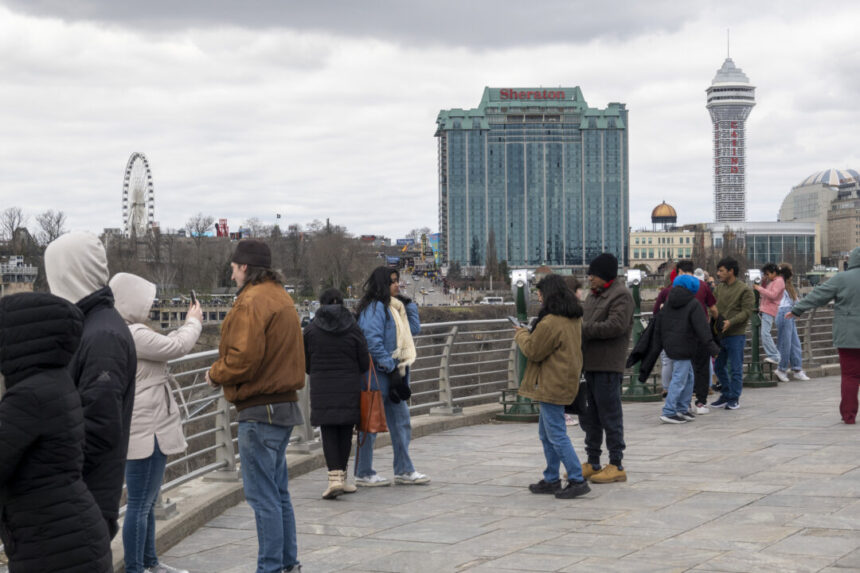Commentary
When news broke that the Niagara Region and Indiana had declared a state of emergency over the upcoming solar eclipse, many were left scratching their heads in disbelief. The decision seemed like an extreme overreaction to a highly anticipated and predictable event.
States of emergency are typically reserved for unforeseen disasters that pose a significant threat to public safety. In the case of a solar eclipse, astronomers have been able to forecast the exact timing and location of the phenomenon for centuries, giving local authorities ample time to prepare and mitigate any potential risks.
So, what exactly are the dangers associated with a solar eclipse? Is there a legitimate reason for such drastic measures?
Contrary to historical beliefs that eclipses were omens of divine conflict, modern society views them as awe-inspiring natural phenomena. In fact, many individuals travel to witness eclipses firsthand, turning them into tourist attractions. Instead of leveraging this opportunity for economic growth, local governments have chosen to treat the eclipse as a potential disaster, overlooking its potential benefits.
Concerns about eye safety during the eclipse are valid, but individuals have been warned for decades about the risks of staring directly at the sun during such events. The decision to close schools out of fear of eye injuries reflects an excessive precaution that undermines the educational value of the experience.
Could a brief period of darkness lead to chaos and accidents?
The reality is that darkness is a natural occurrence that we adapt to daily. The short duration of eclipse-induced darkness is unlikely to pose a significant threat to public safety.
While it’s easy to mock the exaggerated response to a predictable event like a solar eclipse, it sheds light on a broader issue of overbearing governance in the modern world. The misuse of emergency declarations erodes civil liberties and fosters a culture of fear and dependency on authorities.
While governments must maintain the ability to respond to genuine emergencies like natural disasters or civil unrest, the trend of declaring emergencies for non-critical issues is concerning. By diluting the significance of emergency declarations, authorities risk losing public trust and credibility when a real crisis occurs.
As emergency declarations become commonplace for various social and environmental concerns, the distinction between true emergencies and routine challenges blurs. This normalization of emergency measures poses a serious threat to public safety and undermines the credibility of government responses.
Views expressed in this article are opinions of the author and do not necessarily reflect the views of The Epoch Times.
Could you please rewrite this for me?
Source link







